
Mastering the Toughest Interview Questions: Your Ultimate Guide

Job interviews can be nerve-wracking, especially when faced with challenging questions. It’s easy to feel overwhelmed and freeze up. But don’t worry! This guide will walk you through some of the hardest interview questions and provide strategies for answering them effectively. Let’s dive in!
Table of Contents
- 🤔 How Would You Describe Yourself in One Word?
- 🏆 How Do You Define Success?
- 🔍 Have You Ever Been Asked to Compromise Your Integrity?
- 👥 What Would You Do If You Found Out Your Best Friend at Work Was Stealing?
- 📩 Tell Me About a Time When You Had to Deliver Bad News
- ⏰ How Did You Make Time for This Interview? Where Does Your Boss Think You Are Right Now?
- 🏖️ Are You the Type of Person Who Checks Email During Vacation?
- 🚫 What Didn’t You Like About Your Last Job?
- ❓ Tell Me About a Time You Disagreed with Company Policy?
- 🛠️ How Do You Deal with Remarks?
- 🔑 Conclusion
- ❓ Frequently Asked Questions
🤔 How Would You Describe Yourself in One Word?
This question is often used to gauge your fit within the company culture. Many candidates find themselves stumbling over this seemingly simple question. You want to avoid sounding arrogant while also making a memorable impression.
To tackle this question, choose a word that aligns with the role you’re applying for. For instance, if you’re a graphic designer, saying you’re “creative” makes sense. If you’re interviewing for an accounting position, “organized” might be a better fit. This approach not only showcases your self-awareness but also connects your personal attributes to the job at hand.
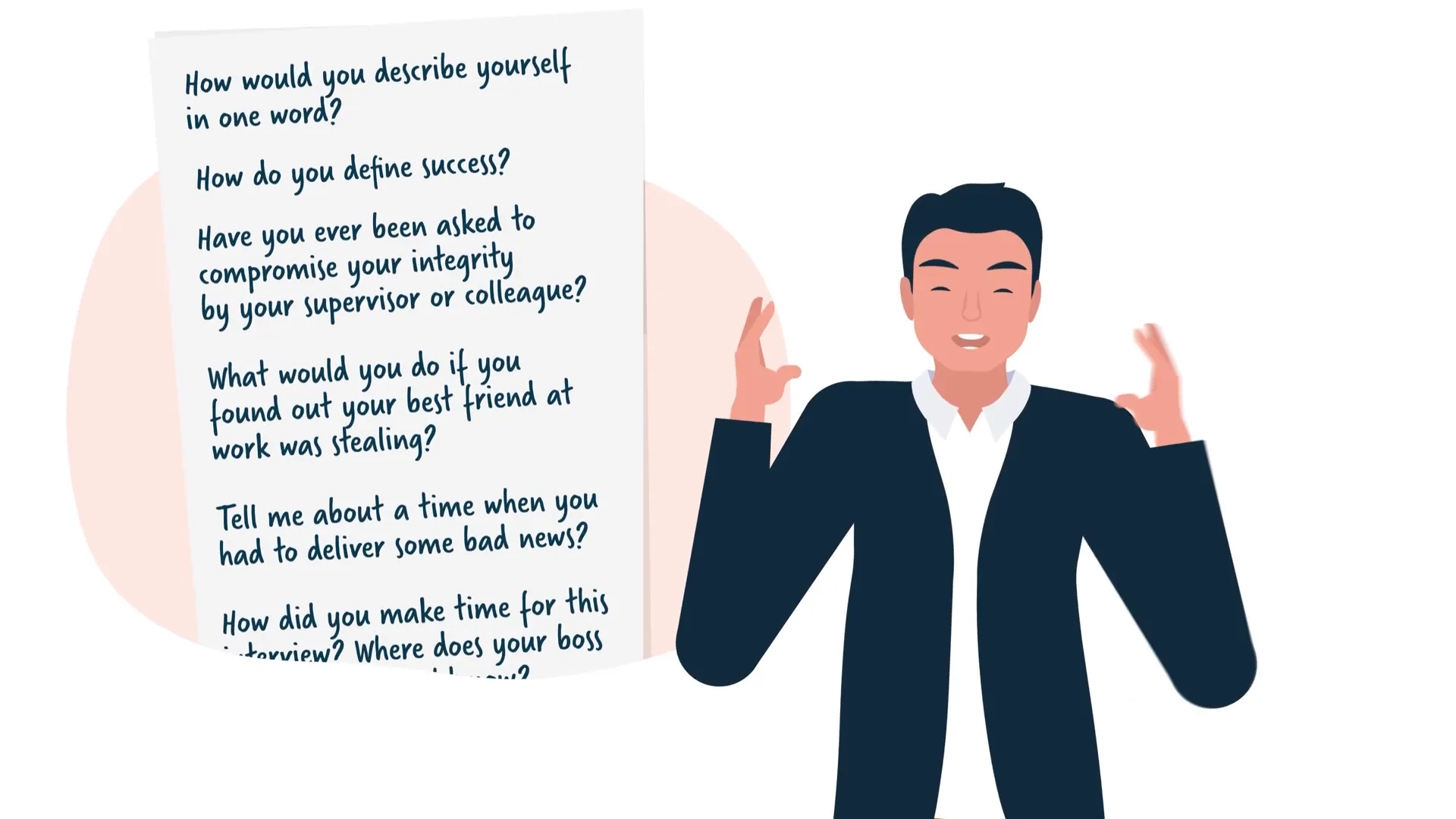
🏆 How Do You Define Success?
This question provides insight into your values and motivations. It also helps the interviewer determine if you thrive in a team environment or prefer individual success. Most managers view success as a collective effort rather than a solo achievement, so ensure your answer reflects that perspective.
When answering, you might say something like, “I define success as achieving team goals and contributing to the overall success of the organization.” This response demonstrates your team-oriented mindset and aligns with what many employers want to see.

🔍 Have You Ever Been Asked to Compromise Your Integrity?
This tough question assesses how you handle confidential information and your moral compass. If you’ve never faced such a situation, it’s okay to answer hypothetically. You can say that you wouldn’t participate in anything that contradicts your personal or company values.
For example: “If I were asked to compromise my integrity, I would respectfully decline and explain why it contradicts my values.” This shows that you are principled and won’t sacrifice your ethics for convenience.
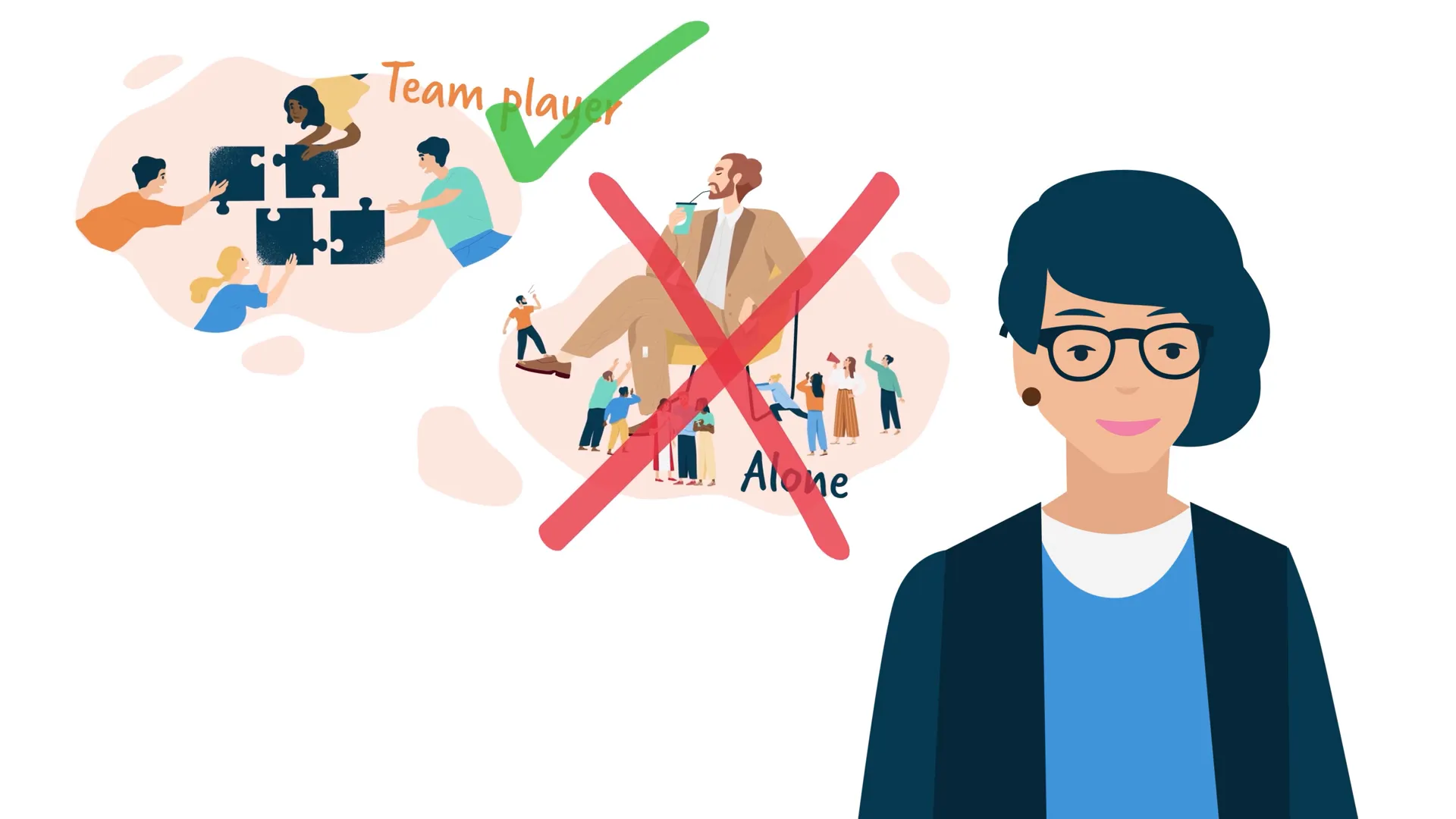
👥 What Would You Do If You Found Out Your Best Friend at Work Was Stealing?
Your loyalty and integrity are put to the test with this question. The hiring manager wants to know if you will prioritize your friendship or the company’s well-being. It’s essential to convey that while you value friendships, your responsibility to the organization comes first.
A good response might be, “If my friend were stealing and it jeopardized our workplace, I would have to report it. Integrity is crucial, and I would have to do what’s right for the company.” This answer highlights your commitment to ethical behavior.
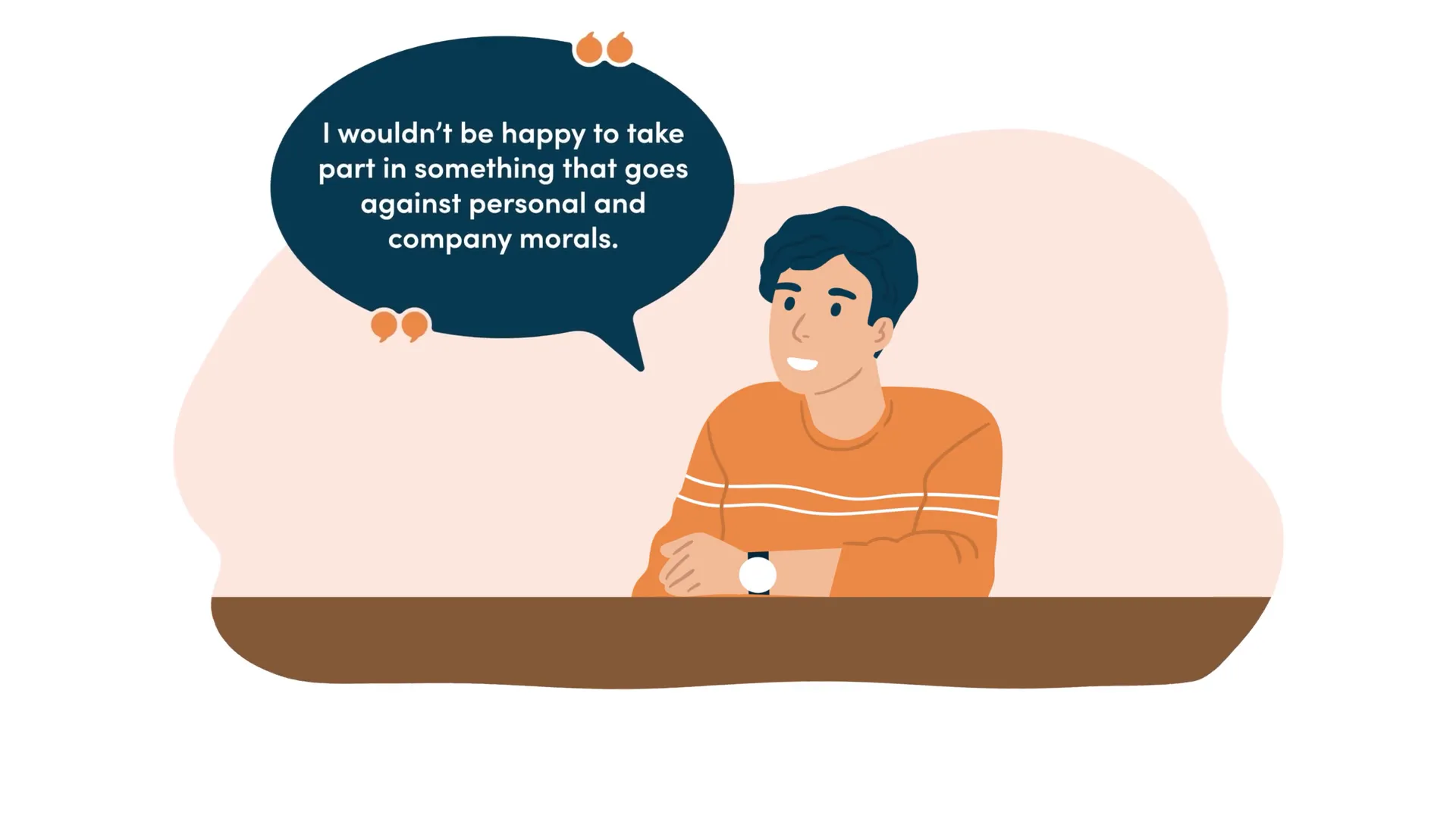
📩 Tell Me About a Time When You Had to Deliver Bad News
Delivering bad news is never easy, and this question assesses your communication skills and empathy. If you can’t think of a specific example, consider discussing how you would approach such a situation.
For instance, you might say, “If I had to deliver bad news, I would prepare by understanding the context and ensuring my delivery is compassionate and clear.” This shows that you can handle sensitive situations with care.
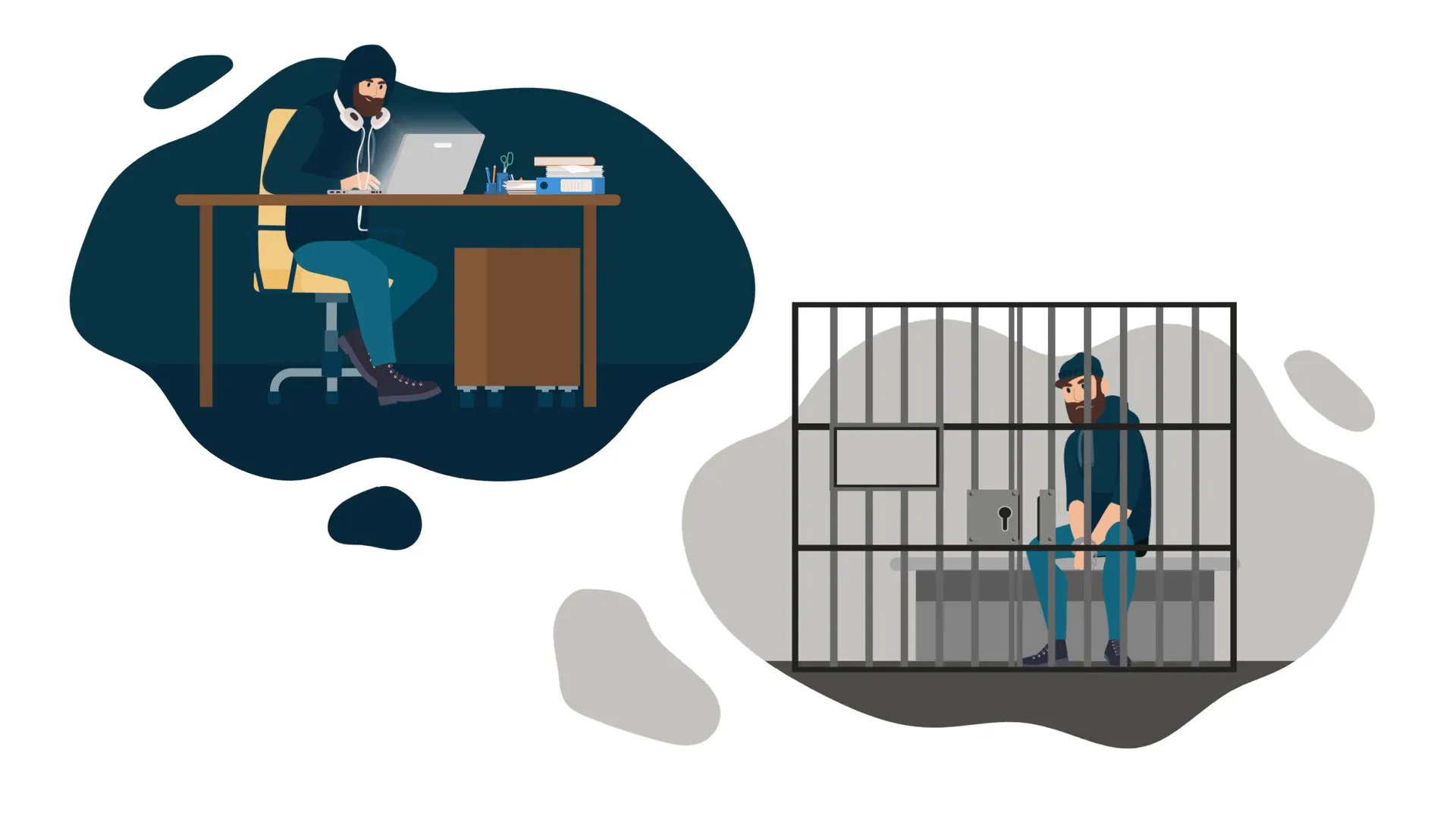
⏰ How Did You Make Time for This Interview? Where Does Your Boss Think You Are Right Now?
Hiring managers often ask this question to gauge your priorities and integrity. Instead of admitting to fabricating a reason for being absent, explain that you’re using personal time for the interview or that you scheduled it during a break.
A suitable response could be, “I scheduled this interview during my lunch break to ensure I could give it my full attention.” This demonstrates your professionalism and respect for both your current employer and the potential new one.

🏖️ Are You the Type of Person Who Checks Email During Vacation?
This question aims to balance your dedication with your understanding of work-life balance. You want to show that you can be committed to your job while also respecting personal time.
If you check emails during emergencies, mention that. For instance: “I do check my emails for urgent matters, but I ensure my team is prepared so that I can fully unplug during my vacation.” This response indicates a mature approach to work and personal life.
🚫 What Didn’t You Like About Your Last Job?
This question can be tricky, as there’s a fine line between being honest and bad-mouthing a past employer. Instead of venting about your frustrations, frame your answer positively.
You might say, “I felt that there was a lack of opportunities for advancement, which prompted me to seek new challenges.” This way, you’re focusing on your professional growth rather than criticizing your previous employer.
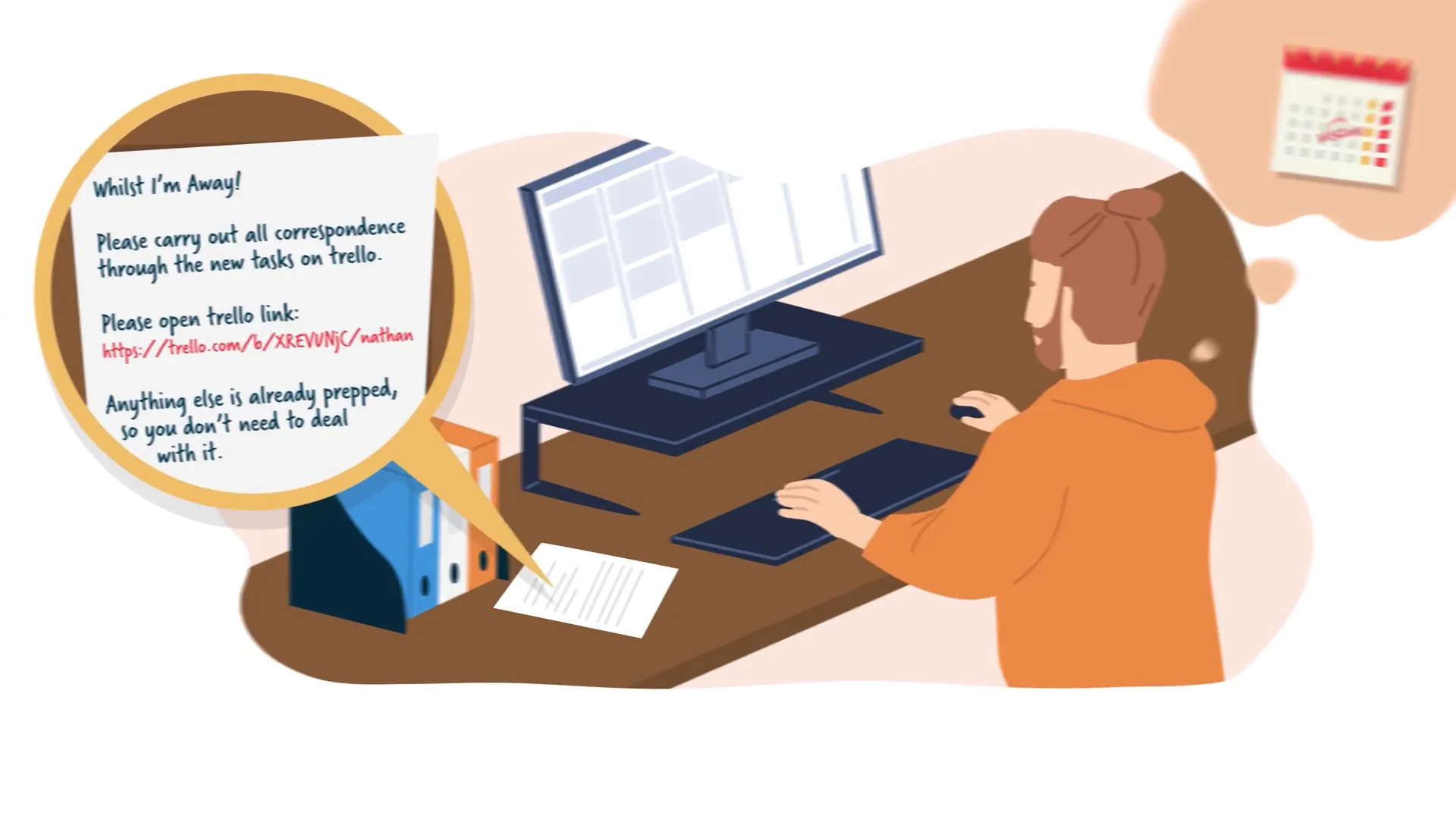
❓ Tell Me About a Time You Disagreed with Company Policy?
Interviewers ask this to determine if you might be a troublemaker. If you have disagreed with a policy, explain the situation and how you handled it constructively.
For example: “I once disagreed with a policy regarding overtime. I raised my concerns with management, which led to a discussion that resulted in a more flexible approach.” This shows that you can advocate for change while remaining respectful.
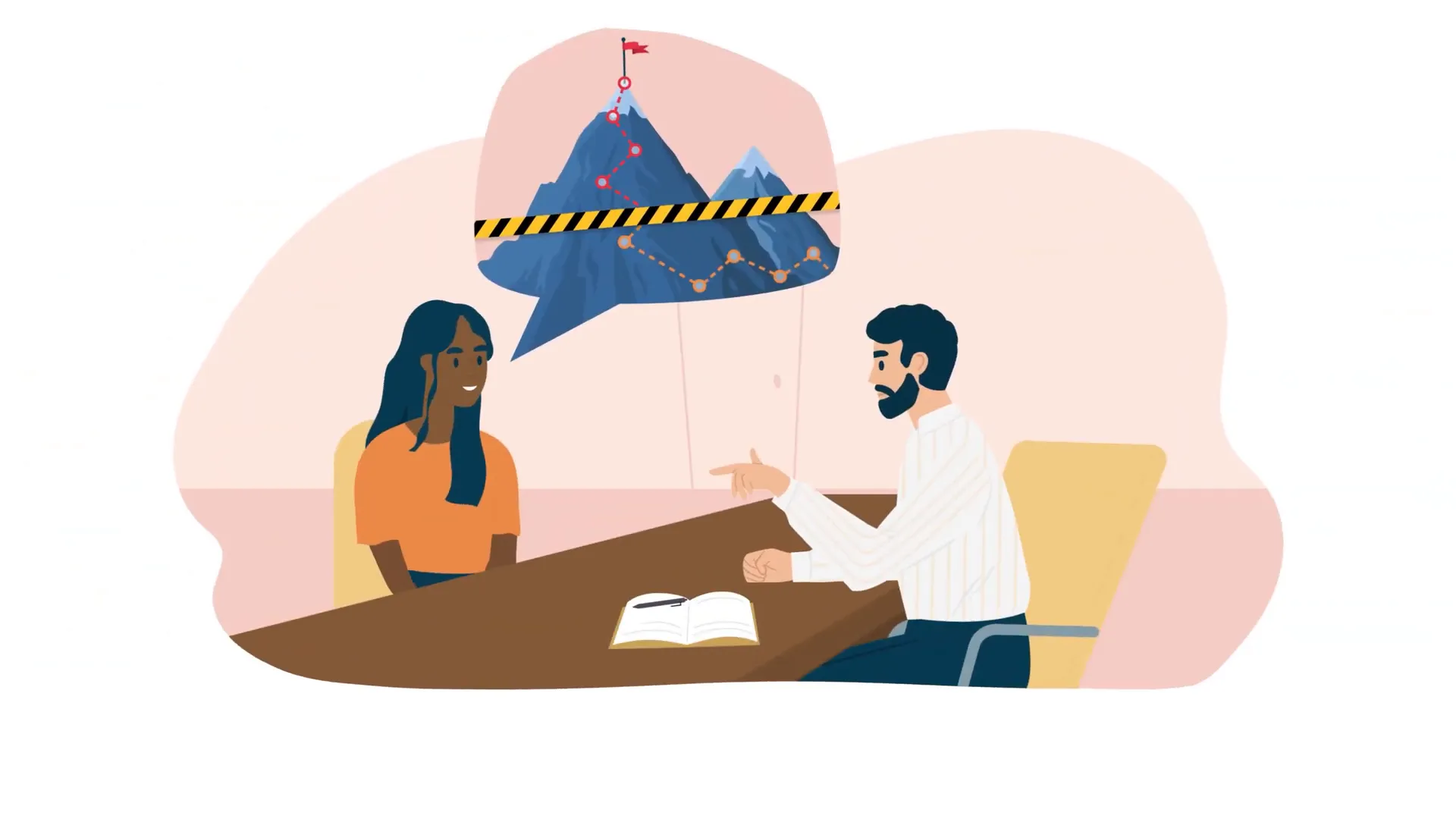
🛠️ How Do You Deal with Remarks?
In creative roles, receiving feedback is part of the job. This question assesses how you handle constructive criticism. You want to convey that you’re open to feedback but also assertive enough to defend your work when necessary.
A solid response would be: “I appreciate constructive criticism and see it as a chance to improve. However, I also trust my judgment and won’t change something that I believe is effective.” This demonstrates confidence and a willingness to grow.

🔑 Conclusion
Now that you’re equipped with strategies to tackle these tough interview questions, you’ll be better prepared for your next interview. Remember, the key is to remain calm, convey your values, and articulate your thoughts clearly.
If you’re still feeling anxious about interviews, don’t hesitate to seek more help.
❓ Frequently Asked Questions
What should I focus on in my interview preparation?
Focus on understanding the company culture, practicing common interview questions, and preparing specific examples from your past experiences that highlight your skills and values.
How can I improve my confidence before an interview?
Practice your answers out loud, conduct mock interviews with friends, and visualize a successful interview scenario. Preparation is key to building confidence.
What if I don’t have a specific example for a question?
It’s okay to discuss hypothetical scenarios or describe how you would handle a similar situation in the future. Employers appreciate thoughtfulness and problem-solving skills.
